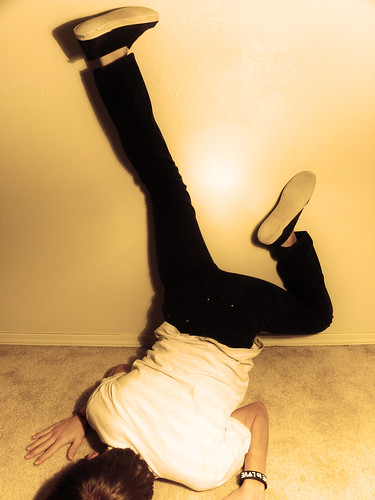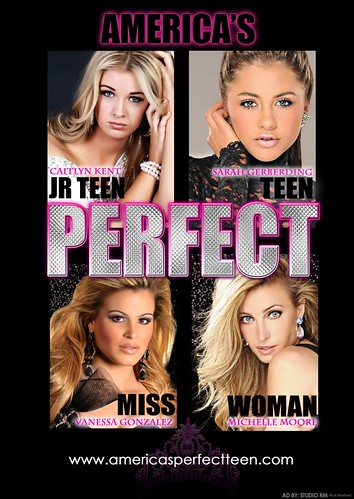:Keys to Enhanced Creativity
by Susan K Perry, Ph.D.
This book is based on the thesis which earned her that Ph.D. – hence the 8 page Appendix, 10 pages of biographical information on the writers who provided her research material (including Diana Gabaldon, Sue Grafton and Ursula K. LeGuin), 19 pages of notes and 12 pages of bibliographical references.
That said, it’s by no means a dry tome – Perry is primarily a writer, after all – and it holds the interest, whether you approach it from the academic level (what an intriguing phenomenon, I wonder how it works) or the personal (do others experience this the way I do and what can I pick up from them?
The “flow” referred to is that experience of losing awareness of the world around you, when the words just pour out of you, and time stops.

The ‘sweet spot’, ‘the zone’ – whatever you call it, that’s what we’re talking about here. In great detail. Too much to cover here, so you’ll just have to read it yourself if you’re curious.
Chapters cover what flow is. How it happens. What it feels like. The keys to getting into flow – have a reason to write (“Don’t coerce yourself. Find your motivation.”), think like a writer, loosen up, focus in, balance among opposites. Writer’s block – the complete opposite of flow. And my personal favourite, Specific Techniques for Luring Flow.
These include: specific rituals or routines around writing, specific writing tools, time and space, music/silence/meditation, re-reading what you’ve written so far/reading others’ work to spark your creativity/stopping in the middle of something, eating/drinking/fasting, walking or jotting or knitting or doing physical work or tiring yourself out or climbing a tree or (like Colette), picking fleas off your cat.
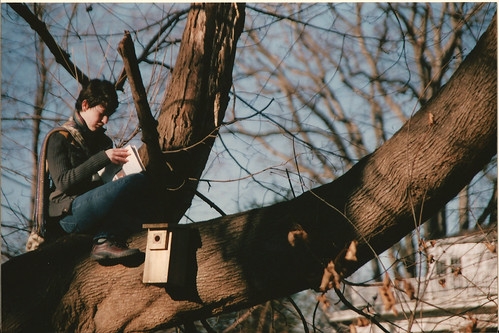
Obviously, you can’t use all of these at once. (Picking fleas off a cat halfway up a tree while knitting? I think not.) But there’s plenty to play with here. Try something. See how you like it.
Try something else. Play with the combinations and wait for the tumblers to go click.
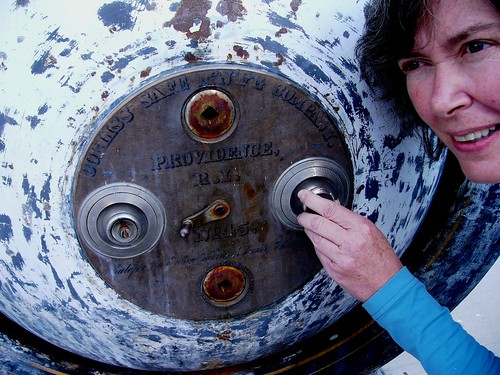
Myself, I am drawn to the rituals/routines and the specific tools.
For example, I like to drink tea while I write. Actually, I like to drink tea most of the time, but I let myself have a lump of sugar in it if I’m writing. Perry notes, “As a writer who wishes to write regularly, you need to seek out ways to complexify your day to day life so that it remains fresh and inspiring to you,” but then, she is a full-time writer – a DDJ being more or less the antithesis of fresh and inspiring, yes?
As for writing tools, I believe I have mentioned before that I write with a Faber Castell fountain pen. It’s old enough that it uses actual ink from bottles, not plastic cartridges like my modern Parker does. I thought it used an Archimedes screw to draw up ink (how awesome would that be?) but apparently it doesn’t.

There is a screw-shaped bit, but it sucks up ink in the same way an eye-dropper sucks up eyedrops – it creates a vacuum, which nature abhors and therefore obligingly fills with ink.
Which is all to say that I will need to buy a bottle of ink sooner or later. Possibly later, given how long the ink lasts. For purposes of comparison, a disposable pen (ballpoint) contains between .27 and 2mL of ink. The smallest bottle of ink I’ve seen for sale contains 30mL.
At present I am using a fine blue ink bought for me (along with an elegant blue/green glass dip pen), by a friend visiting Venice. (Clearly, this is a Good Friend.) But what shall I use when the blue is finished?
When I started writing up notes for The Black Joke, I decided to use creamy paper (I bought a ream) and sepia ink from an old calligraphy kit, (the Made in China kind – bleeds like mad).

So when I read this book, two synapses touched, there was a minor explosion, and I thought ‘I could have a different colour ink for each Work In Progress – a thematic colour, as it were.’
Hard upon that thought followed the question “I wonder what the thematic colour for Tsifira would be?” At the moment, I lean towards a sort of amethysty purple – bright enough to be light and sparkly, but dark enough to be actually readable. Preferably even by candlelight, for the winter dark comes on apace.
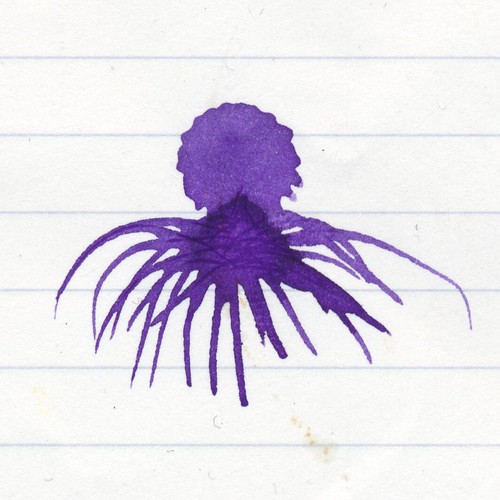
I shall leave you with a final thought to chew on from Susan Perry’s book: “Your own preferred way of thinking about and describing flow is as unique to you as your writer’s imagination. Learn something about your creative process by taking a moment to consider your own sense of what flow is and how you get there… If you construct your life around words, the right metaphor can be critical.”
What is your metaphor? What is your method? I’d love to know.











